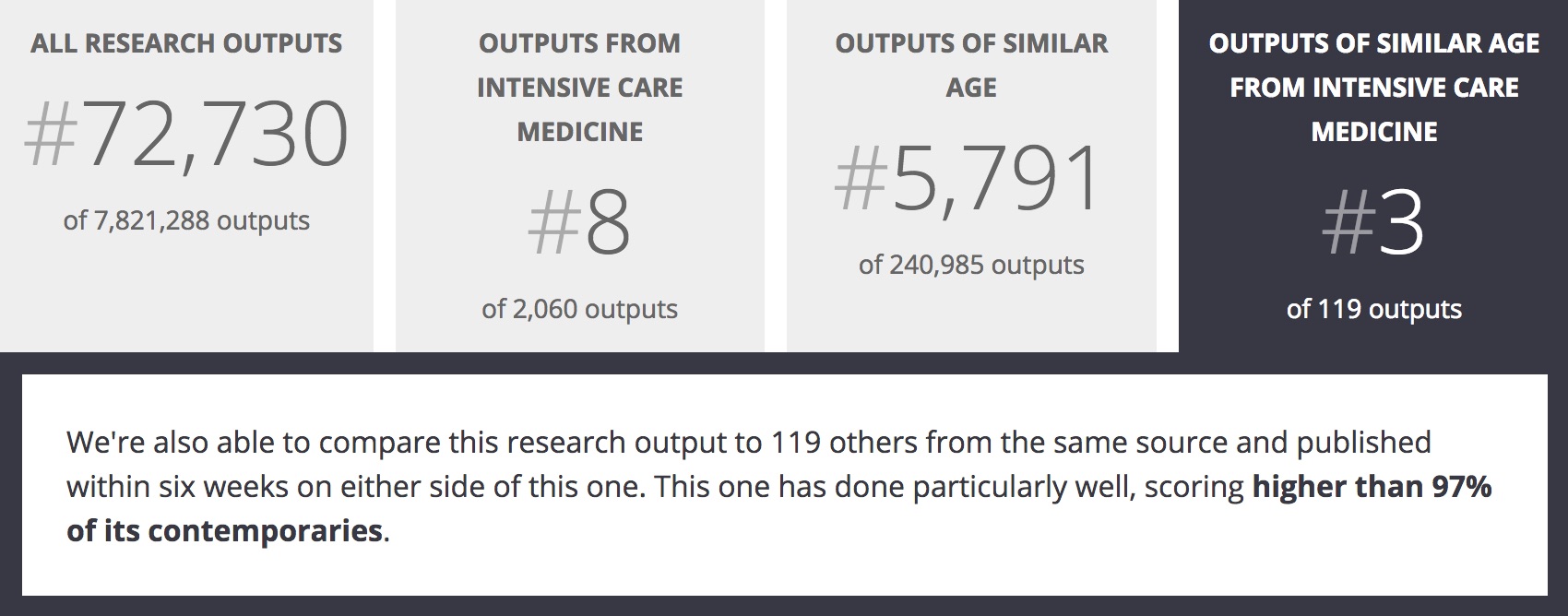iFA Endorsed Research: Early Enteral Nutrition

Early enteral nutrition in critically ill patients: ESICM clinical practice guidelines
First Online: 06 February 2017
DOI: 10.1007/s00134-016-4665-0
Cite this article as: Reintam Blaser, A., Starkopf, J., Alhazzani, W. et al. Intensive Care Med (2017) 43: 380. doi:10.1007/s00134-016-4665-0
Abstract
Purpose
To provide evidence-based guidelines for early enteral nutrition (EEN) during critical illness.
Methods
We aimed to compare EEN vs. early parenteral nutrition (PN) and vs. delayed EN. We defined “early” EN as EN started within 48 h independent of type or amount. We listed, a priori, conditions in which EN is often delayed, and performed systematic reviews in 24 such subtopics. If sufficient evidence was available, we performed meta-analyses; if not, we qualitatively summarized the evidence and based our recommendations on expert opinion. We used the GRADE approach for guideline development. The final recommendations were compiled via Delphi rounds.
Results
We formulated 17 recommendations favouring initiation of EEN and seven recommendations favouring delaying EN. We performed five meta-analyses: in unselected critically ill patients, and specifically in traumatic brain injury, severe acute pancreatitis, gastrointestinal (GI) surgery and abdominal trauma. EEN reduced infectious complications in unselected critically ill patients, in patients with severe acute pancreatitis, and after GI surgery. We did not detect any evidence of superiority for early PN or delayed EN over EEN. All recommendations are weak because of the low quality of evidence, with several based only on expert opinion.
Conclusions
We suggest using EEN in the majority of critically ill under certain precautions. In the absence of evidence, we suggest delaying EN in critically ill patients with uncontrolled shock, uncontrolled hypoxaemia and acidosis, uncontrolled upper GI bleeding, gastric aspirate >500 ml/6 h, bowel ischaemia, bowel obstruction, abdominal compartment syndrome, and high-output fistula without distal feeding access.
iFA Unrestricted Educational Grant
The costs covering the open access publication of this article were covered by the International Fluid Academy (IFA). The IFA is integrated within the not-for-profit charitable organization iMERiT (International Medical Education and Research Initiative) under Belgian Law, and IFA website (http://www.fluidacademy.org) is an official SMACC (Social Media and Critical Care) affiliated site, based on the philosophy of FOAM (Free Open Access Medical Education).
Picture courtesy: https://www.tes.com/lessons/PGPXuanWuiWHeA/nutrition

